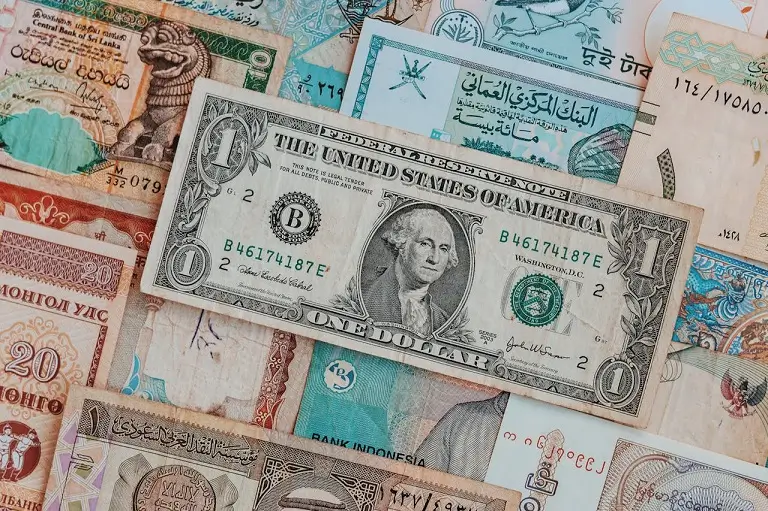Bitcoin: The Digital Gold of the 21st Century: In the digital age, Bitcoin has emerged as the equivalent of gold, a true store of value and a medium of exchange that transcends borders and traditional financial systems. Created in 2009 by an anonymous entity known as Satoshi Nakamoto, Bitcoin is a decentralized digital currency that operates without the oversight of a central authority or government.
The Genesis of Bitcoin – Bitcoin: The Digital Gold of the 21st Century
The inception of Bitcoin was marked by the release of the Bitcoin whitepaper, which outlined a peer-to-peer electronic cash system. This system was designed to solve the double-spending problem without the need for a trusted third party. The first Bitcoin block, known as the Genesis Block, was mined on January 3, 2009, and with it, the first 50 bitcoins were brought into existence.
How Bitcoin Works – Bitcoin: The Digital Gold of the 21st Century
Bitcoin operates on a technology called blockchain, a distributed ledger that records all transactions across a network of computers. This ensures that every transaction is transparent and immutable. Miners use powerful computers to solve complex mathematical problems, and in return, they are rewarded with bitcoins. This process is known as mining.
Bitcoin’s Monetary Policy
One of the most significant aspects of Bitcoin is its fixed supply. There will only ever be 21 million bitcoins, making it a deflationary asset as opposed to inflationary fiat currencies. This scarcity is what gives Bitcoin its value, akin to precious metals like gold.
Bitcoin’s Volatility and Adoption
Bitcoin’s journey has been marked by extreme volatility, with prices soaring and plummeting in rapid succession. Despite this, Bitcoin has seen increasing adoption as both an investment and a means of payment. Major companies and financial institutions are beginning to recognize its potential, integrating Bitcoin into their operations and offerings.
The Future of Bitcoin
As we look to the future, Bitcoin presents a fascinating study of technology’s impact on finance and society. Its potential to provide financial freedom and security is immense, particularly in regions with unstable currencies or restrictive financial systems. While challenges remain, including regulatory scrutiny and environmental concerns related to mining, Bitcoin continues to captivate the imagination of innovators and investors alike.
In conclusion, Bitcoin stands as a revolutionary force in the financial world, challenging traditional notions of money and offering a glimpse into a future where digital currencies reign supreme.



